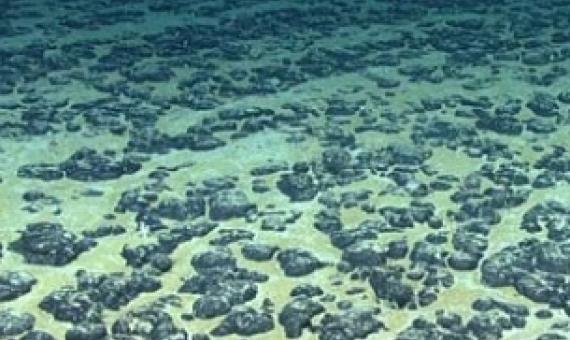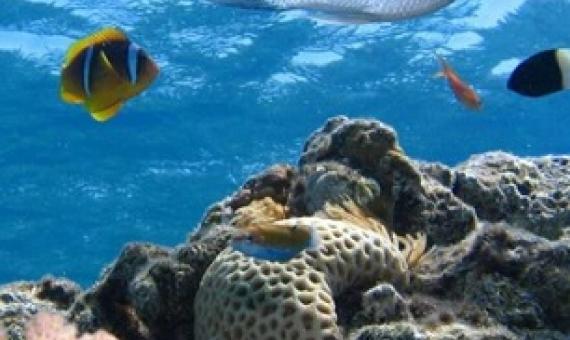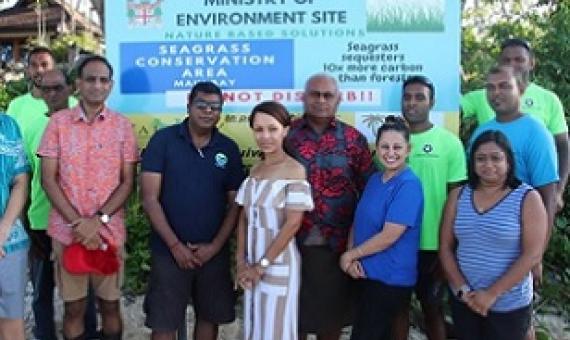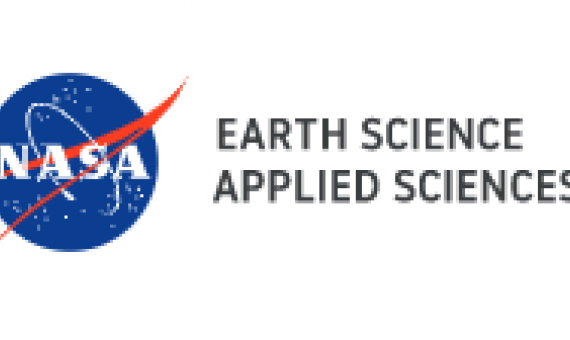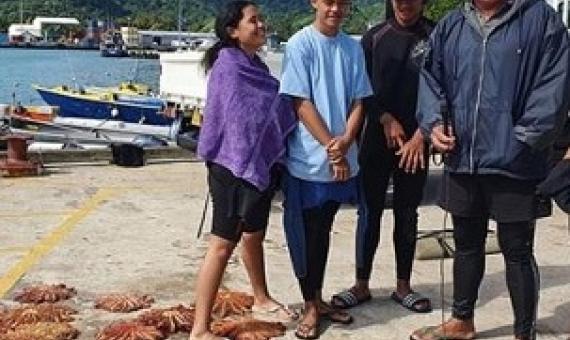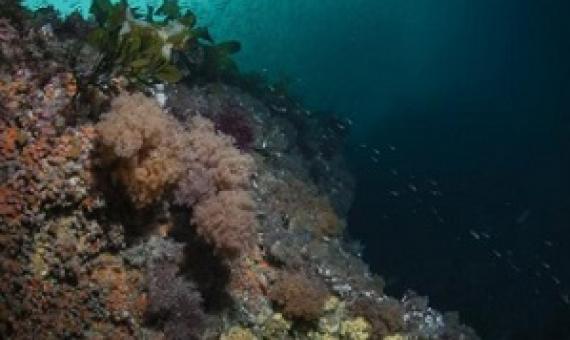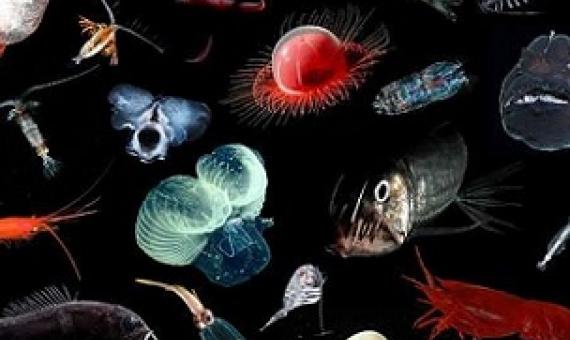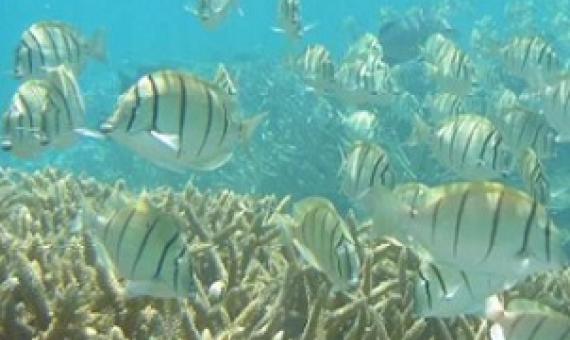Environmental groups on Thursday said almost all the remaining oil has been pumped from the Japanese ship that struck a coral reef off the south-east coast of Mauritius in late July, limiting further damage from an oil spill that has likely caused “irreversible” ecological blows...“Make no mistak
Mining the ocean floor for submerged minerals is a little-known, experimental industry. But soon it will take place on the deep seabed, which belongs to everyone, according to international law.
Excessive nutrients, such as nitrogen and phosphorus, have devastating effects on coastal marine ecosystems by causing algal blooms that deplete oxygen in the water, killing marine life. Such nutrients can enter the sea in wastewater or run-off from agricultural land.
The role of seagrass in the natural ecosystem for the production of a food chain for conservation and protection of marine life is vital. This was highlighted by the Minister for Waterways, Environment, and Agriculture Hon.
Remote sensing of coastal and marine ecosystems is particularly challenging.
Environment group Kōrero o te 'Ōrau is calling for the removal of the crown of thorns starfish from reefs around Rarotonga. It could be an early stage of an outbreak, says leader and biologist Dr Teina Rongo.
Fiordland is home to a unique marine environment...Department of Conservation operations director southern South Island Aaron Fleming has described it as a globally significant area. It was high in biodiversity and home to many special species such as black coral and soft corals
A Better World (Vol.6)
With the establishment of the United Nations Sustainable Development Goals (SDGs) in 2015, the Human Development Forum launched a series of publications entitled A Better World, each volume dedicated to one of the 17 SDGs. This volume, published in June 2020, covers Goal 14 — Conserve and sustainably use the oceans, seas and marine resources for sustainable development. It is our belief that enhancing the contribution of marine biodiversity is hugely beneficial to the world in general, and to the future of small island developing states and least developed countries in particular.
Interest in deep-sea mining for copper, cobalt, zinc, manganese and other valuable metals has grown substantially in the last decade and mining activities are anticipated to begin soon.
In a study published recently in Ecology and Evolution, an international team of researchers focused on what can happen to ocean ecosystems when fishing pressure increases or decreases, and how this differs between tropical to temperate marine ecosystems.

![This aerial view taken on August 8, 2020 shows a large patch of leaked oil and the vessel MV ... [+] AFP VIA GETTY IMAGES](/sites/default/files/styles/news_teaser/public/Mauritius_OILspill.jpg?itok=4dYNhfvd)
